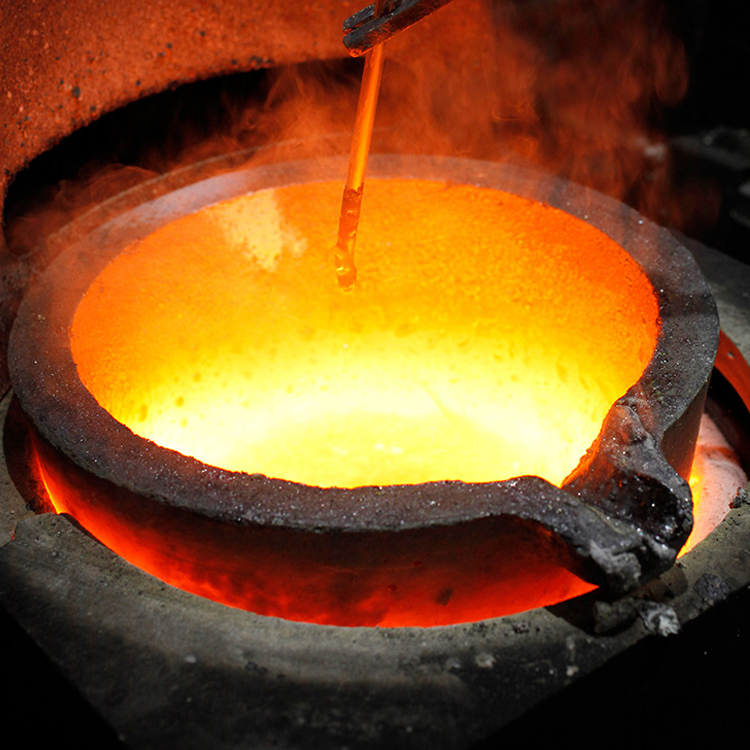the CHINESE WIND TURBINES are FLOODING into our country. INVADING our PURE BRITISH waters
i just love how they have to use language like this to scare people into thinking getting cheap renewable energy is bad
To be fair I don’t blame them for this view, the British have baby brains and can’t just not buy Chinese; The Chinese are normal, rational adults and should not take advantage of baby brained British people who clearly don’t know how to just not buy Chinese.
Wind turbines to flood British waters
Obligatory “that’s not how windmills work”
Also perhaps a flood might clean out the river Thames for once and make it less gross than their beloved jellied eels
it cleaned out a little during lockdown
at what cost
It says it right in the screenshot, less than $420 per kilowatt.
Well perhaps the UK could subsidize their renewables to compete? Or is that cheating since it’s not oil and gas?
China
Peril

 LET ME SAY YELLOW TOO!
LET ME SAY YELLOW TOO!My favorite thing about China is their ethics. Sure, they could revenge the million humiliations the west did to them under colonialism, and yet they just give them access to cheaper cleaner energy. They just followed the Puyi routine: "No you don’t own us anymore, now you just clean shit. "
I remember some Chinese government spokesman being interviewed by the BBC and he was basically like “the world order is changing, you’ll never be a superpower again but if you accept multipolarity and start dealing with us instead of America we’ll all benefit and you can make your country better” and then the presenter started literally having a meltdown about the Uyghurs and cut the interview short, so fucking embarrassing.
NGL, multipolarity is the most ethical revenge there is.
You don’t need to just colonize Britain and just do fascism in reverse: multipolarity will be a net positive for every Brit with a brain and will be utterly humiliating for CHUDs who want to genocide the global south so they can feel like they have a big PP.
Luigi wins by doing absolutely nothing.
Turns out mom was right when she told me that living well was the best revenge
Well put, yeah. It’s definitely satisfying seeing weird Sinophobes crashing out as it gets increasingly hard to pretend they’re secretly a failed state while normal people are just buying reliable, cheaper Chinese products.
Exactly and it’s a self-reinforcing cycle. The country crashing out and rejecting those cheaper Chinese products will only put itself at a competitive disadvantage against countries that don’t reject those products, which only expedites the shift in power.
linky?
I wish I had one but unfortunately I saw it on broadcast TV while making dinner like 2 or 3 years ago
no worries, might this be it https://www.youtube.com/watch?v=lJilqC8gXb8 ?
I found a YouTube link in your comment. Here are links to the same video on alternative frontends that protect your privacy:
deleted by creator
Market mindset issue. The Government can set the price at $420/kW if it wants to by nationalizing the entire industry. Then you get Chinese imports and your own local production.
Any socialist (or even a social democratic) country would love to have another country accept their own currency for real goods because it’s basically a resource transfer.
But yeah under “free” market, China wins and your country can suffer deindustrialization.
I long for the day where market absolutism is seen as cute childish naïveté and things done outside the profit motive is paraded as realpolitik.
Thank you for saving the world, China.

Gladly you did Brexit and don’t need to care about continental europe’s industries well being, right?
420 quid, it looks like
I’ll take 69 of em!
Nice
I didn’t realize the blades were that big, damn!

If you haven’t seen them, I recommend checking out videos/pictures of them being transported! There are some pretty wild tractor-trailer combos and maneuvering


“Wiiiiiiiiiiiiiiiiiiiiiiiiiiiiiiiiide right turn”
The offshore ones are absolutely massive, China’s biggest one (last I checked) has a 200m (600ish? ft) long blade
Yup, last time I saw a blade that big, a tall English guy was using it to slay eclipse demons in the middle ages
I think that’s gotta be the tower (split in half), not the blades. I could be extremely wrong, but that’s what it looks like to me!
It looks tapered and bent like a blade to me. Note how flat and wide it is at the far end.
Here’s a blade from a different factory for comparison.
I think the worry is about “dumping” and using subsidies to artificially lower the price, take over the market and then jacking up the prices. If the Chinese manufacturers just have naturally way more competitive prices, as they’ve done before in stuff, I don’t think that’s as big of an issue and doesn’t get the same butthurt
It’s not that they couldn’t do that in theory, but my counter has always been that, also in theory, every single Western government is equally capable of lowering the price by adopting Chinese industrial policy. We are just so ideologically committed to market logic that we can’t imagine doing that.
The worry is that if someone is using a lot of subsidies it will mean others have to too to stay competitive and soon everyone is doing it and it can escalate to a trade war. Can be nice for the consumer, if it doesn’t end in a crash of that sector
There is a difference between using subsidies for beggar thy neighbour trade war versus for keeping domestic output and employment stablized. The West can do the latter whether or not other countries are doing the former.
If the purpose of manufacturing is to create employment, local production to increase self-sufficiency and not just profits for capitalists, then price setting by public sector archives it. Any imports from abroad financed in local currency represents a real gain for the country in this case.
Countries are doing the latter, but it always also does the former. If one country is giving subsidies, especially generous ones as China have done historically, it forces the others to give subsidies to stay competetive. That’s a game bigger countries can play but smaller and less wealthy countries can’t really compete.
I disagree, every country with sufficient knowledge and resources can set up their own manufacturing. Do I think Ghana will be able to make as efficient windmills as China? On their own not anytime soon. Not because of money but because they lack expertise, things take planning and time to build up.
But they can start somewhere, taking advantage of the powers the state has. The problem isnt financial but real.
When your country can produce high value added goods, e.g. European countries but not at internationally competitive prices due exchange rates, labor costs etc, the clear solution is to have the state set prices to be competitive with imports.
First world countries have another advantage though , their currencies are highly demanded internationally so their trade isn’t simply limited to barter like arrangement wherein you only get what you give.
It’s just much harder to be financially competetive when the big countries are pouring in massive subsidies. Of course they could keep domestic manufacturing on life support and hope for domestic consumption to keep it alive, but when foreign big multinationals receiving generous subsidies are competing on the local market, at what cost do you want to keep your domestic company afloat. And do smaller countries have money to even do that
It’s not really a cost to keep domestic industry, the cost is that labor and other resources are used. If the goal is to keep output and employment then it works fine.
If you take the cost in money terms it’s massive. But money isn’t real. If you take it in real terms, the alternative is unemployment and loss of manufacturing knowledge and self sufficiency which is worse.
And do smaller countries have money to even do that
Well, India has this thing called Minimum Support Price, basically a floor price for many agricultural goods to make sure the farmers have a market to sell to. US and WTO hate it because it “distorts markets” yet functionally it keeps the country food sufficient and keeps farmers employed.
It has been downgraded and weakened over the years by the neoliberals but it still exists because taking it away completely is politically NOT financially expensive. In terms of real, it creates income and employment for farmers, it keeps output afloat.

















